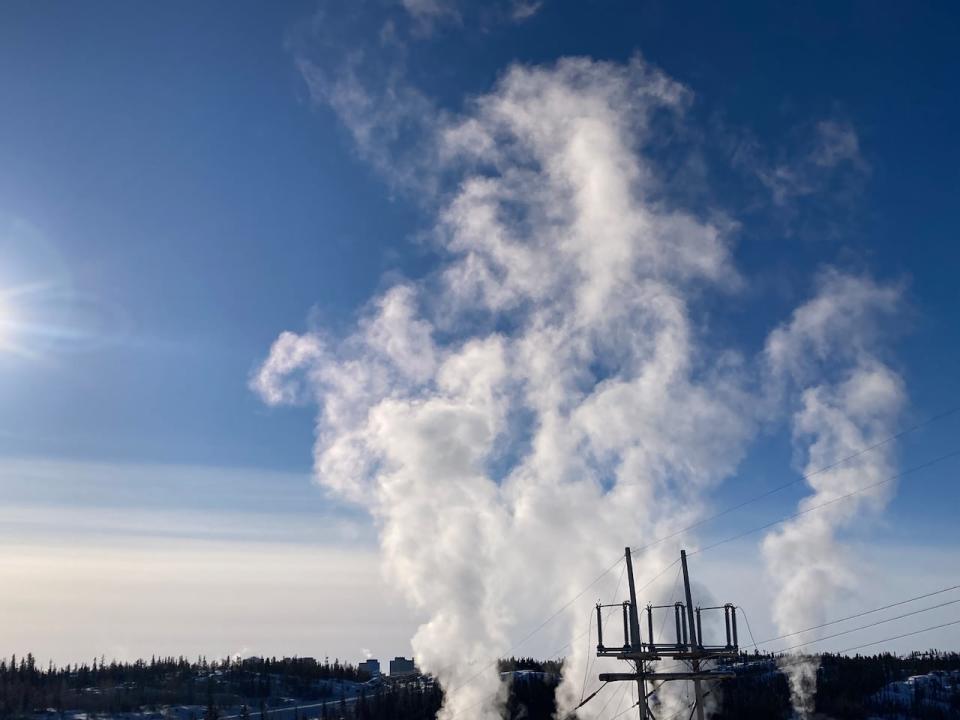Renewable diesel could be northern 'game-changer,' says N.W.T. MLA

An N.W.T MLA says renewable diesel could be a "game-changer" that helps the territory reduce its greenhouse gas emissions — though the infrastructure minister is not so sure.
Renewable diesel is made from vegetable oils and fats and is chemically equivalent to conventional diesel. Because of that, it can be used in any type of existing diesel engine, like a truck or a generator.
Shauna Morgan, the MLA for Yellowknife North, said that's one of the most exciting features of renewable diesel in a place where so many greenhouse gas emissions stem from transportation and industry.
"I see it as a very practical, wide-ranging technology" she said. "You don't have to build all new infrastructure and you know, systems or vehicles even. You can use the existing infrastructure we have."
Renewable diesel is a budding industry in Canada. Construction on what has been hailed the country's first renewable diesel refinery in Prince George, B.C., was finished last summer. Imperial Oil plans to build a plant in Strathcona, Alta., as well.
But is it Arctic grade?
One challenge of renewable diesel in the North is the availability of an Arctic-grade version — which isn't being made or sold in Canada. The product does exist, however: Neste Oil says it sells Arctic grade renewable diesel in northern Finland that can be stored at -40 C and can be used down to -44 C.
Caroline Wawzonek, the N.W.T.'s infrastructure minister, said in an exchange with Morgan at the Legislative Assembly on Thursday that small volumes of Arctic-grade renewable diesel are "extremely expensive." She said the Yukon government, which is working on renewable fuel legislation, has been having similar difficulties with high costs and finding suppliers.
It's also unclear how much Arctic-grade renewable diesel would cost in the N.W.T.

Fumes rise up from the Jackfish diesel generating plant in Yellowknife in March. (Liny Lamberink/CBC)
But Morgan said the N.W.T. doesn't need to find Arctic-grade renewable diesel to start making the transition. She said a summer-grade version of the product, which is more readily available in Canada, can be introduced in certain applications as a starting point.
The N.W.T. government commissioned a biofuels report in 2021 that found renewable diesel would cost $2.13 per litre — 39 cents more than the cost of diesel at the time, which was $1.74 per litre. The report doesn't specify whether that cost was for a summer or winter-grade version of the product.
Even though renewable diesel is more expensive than conventional diesel, Morgan said it's a cheaper way to reduce greenhouse gas emissions compared to solar and wind power projects the N.W.T. has worked on so far.
She said the cost per tonne of reduced emissions is between two and eight times lower.
"We're not going to overcome supply challenges and price challenges by sitting on our hands and waiting for it to get resolved," said Morgan.
Morgan wants the N.W.T. and Yukon governments to work together to buy the product for a northern pilot project to bring the cost down. She also wants the federal government to offer new Canadian refineries incentives to create Arctic-grade renewable diesel.


